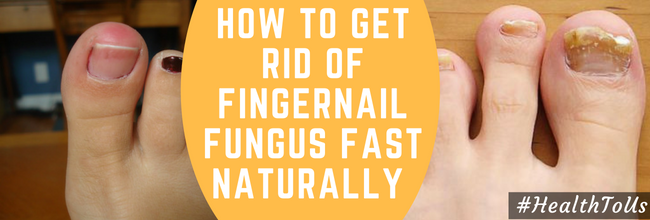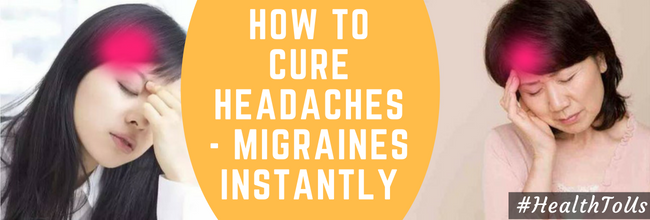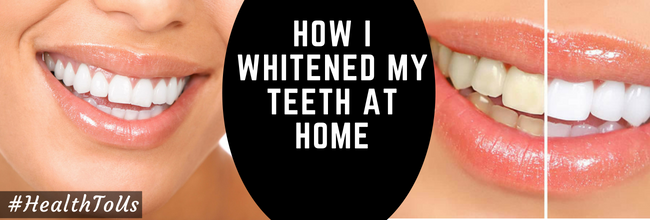
The most common sign of OSA is loud and continual snoring, sometimes punctuated by choking or gasping. Another common OSA symptom is fighting sleepiness throughout the day. Other symptoms of OSA include morning headaches, concentration difficulty, a dry mouth and sore throat when waking in the morning, and irritability or depression. While OSA almost always involves noisy and frequent snoring, snoring itself does not always indicate that a person has OSA.
The immediate effect of sleep apnea is that the snorer sleeps lightly and keeps his or her throat muscles tense to maintain airflow to the lungs. Because the snorer does not get good rest, he or she is often tired during the day, which can impair job performance and jeopardize your safety. If left untreated, OSA increases your risk of developing cardiovascular illnesses, diabetes, and other medical issues.
Snoring or OSA generally responds to treatments offered by otolaryngologists and other medical professionals. OSA is commonly treated by a nasal mask that opens the airway via exerting a small amount of positive pressure. This form of treatment is called continuous positive airway pressure (CPAP).
Adults who suffer from occasional snoring can benefit from adjusting their lifestyle to include healthy weight loss, more exercise, less alcohol, and regular sleeping patterns. If you or your sleeping partner is experiencing any snoring, impaired breathing during sleep, or increased sleepiness, see your physician to ascertain whether OSA is the cause. He or she can also suggest treatment options and lifestyle changes to relieve these symptoms.













